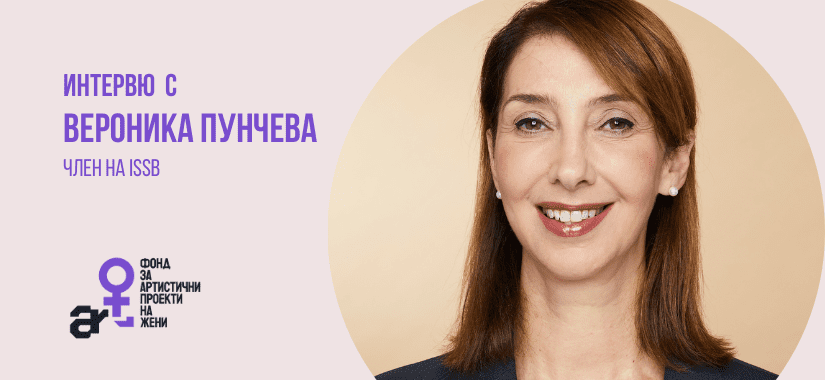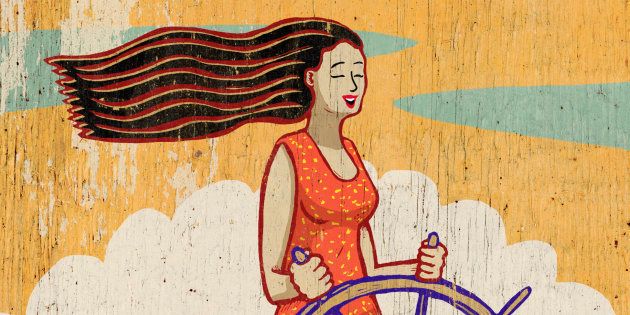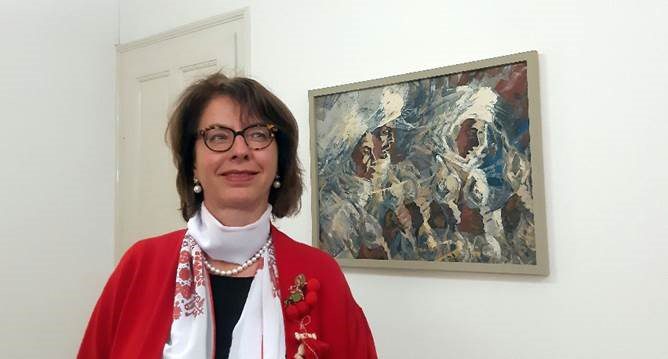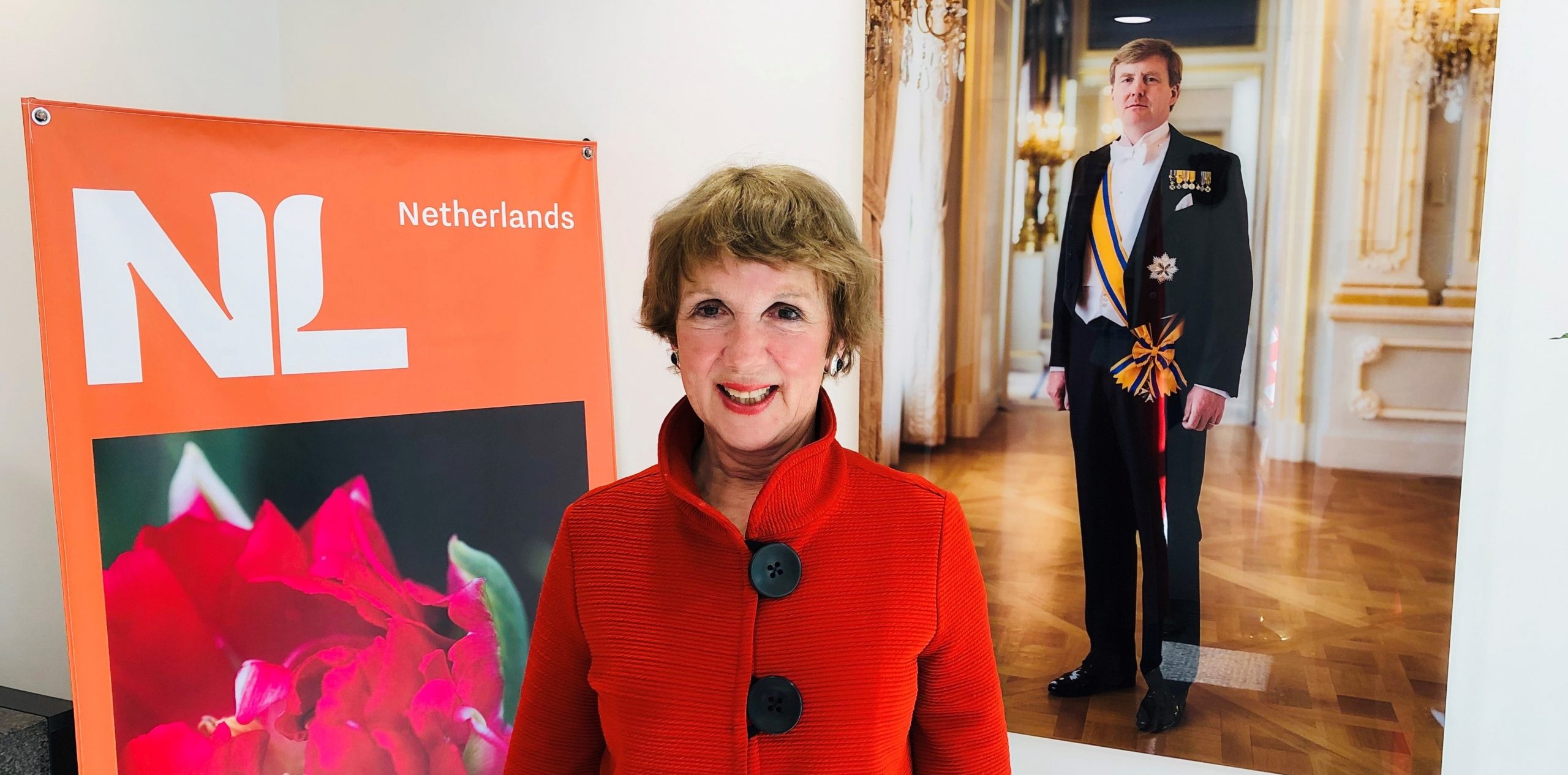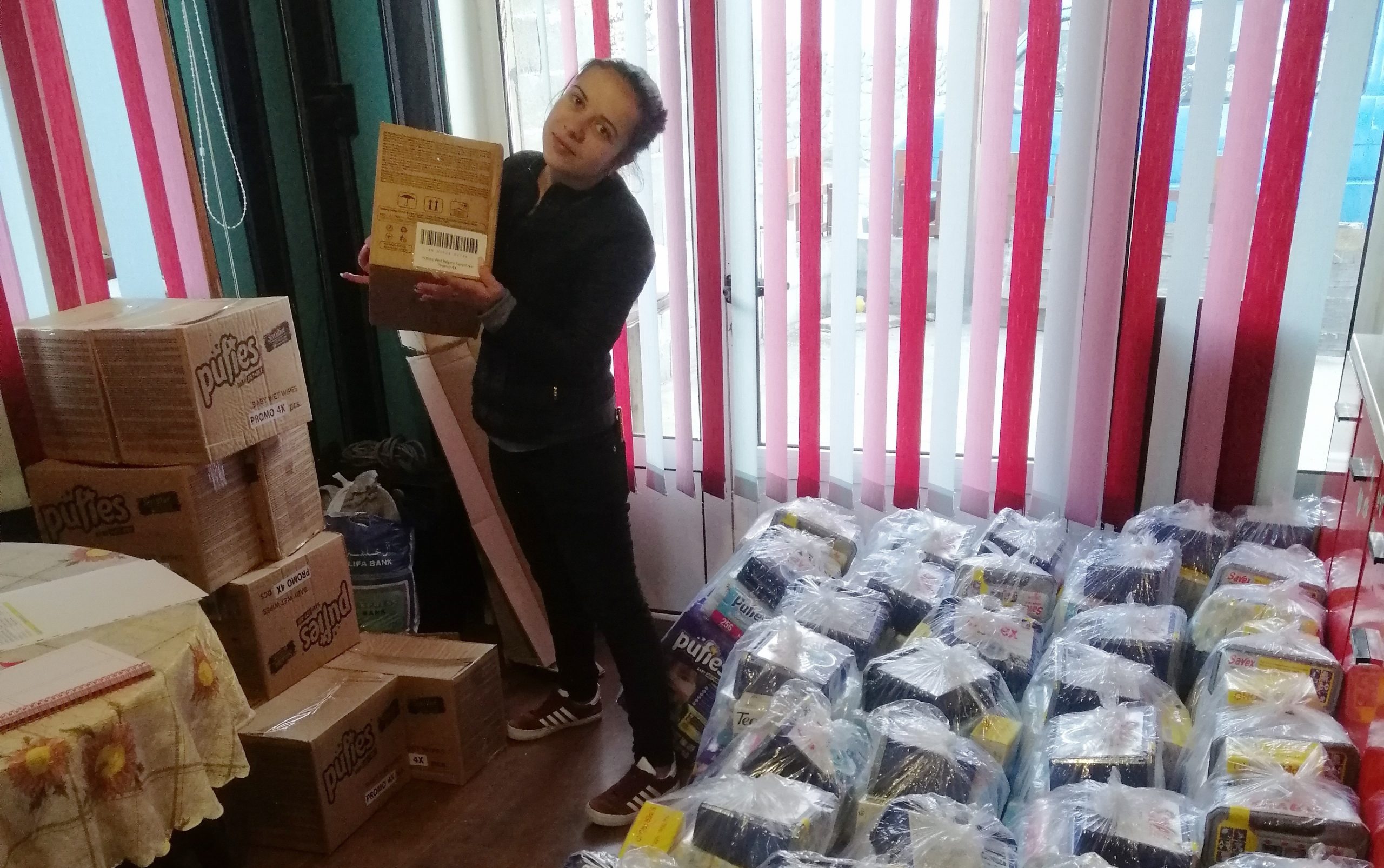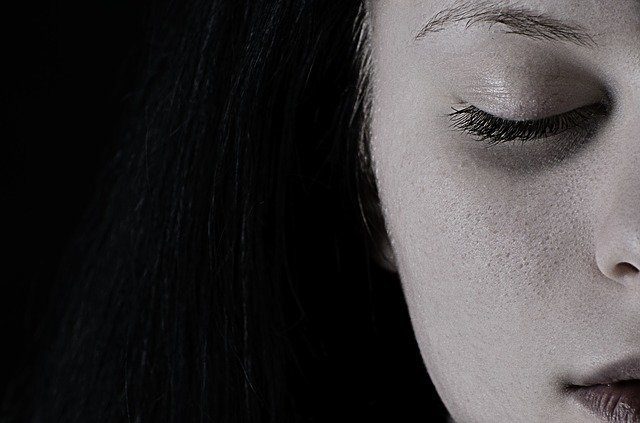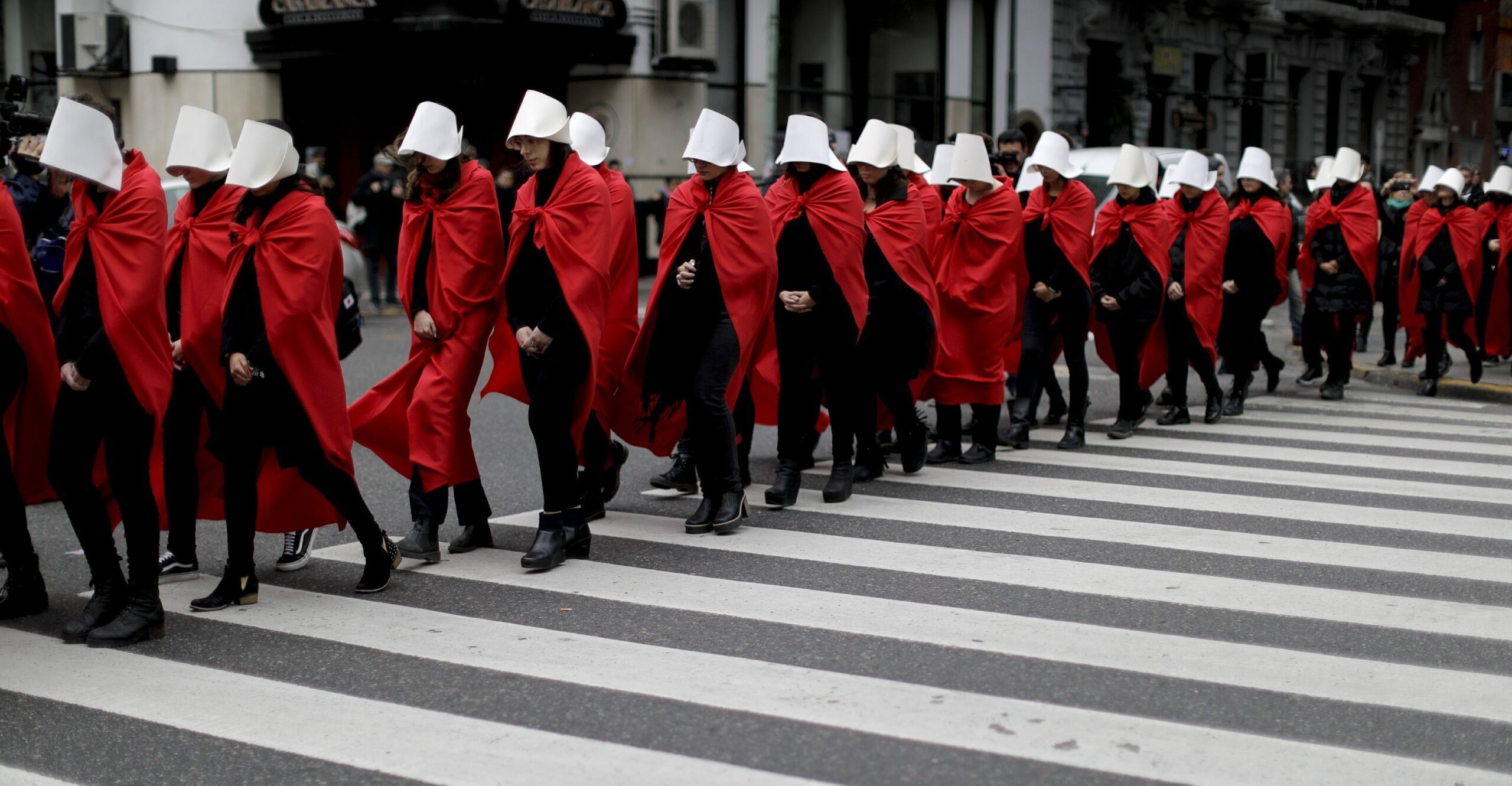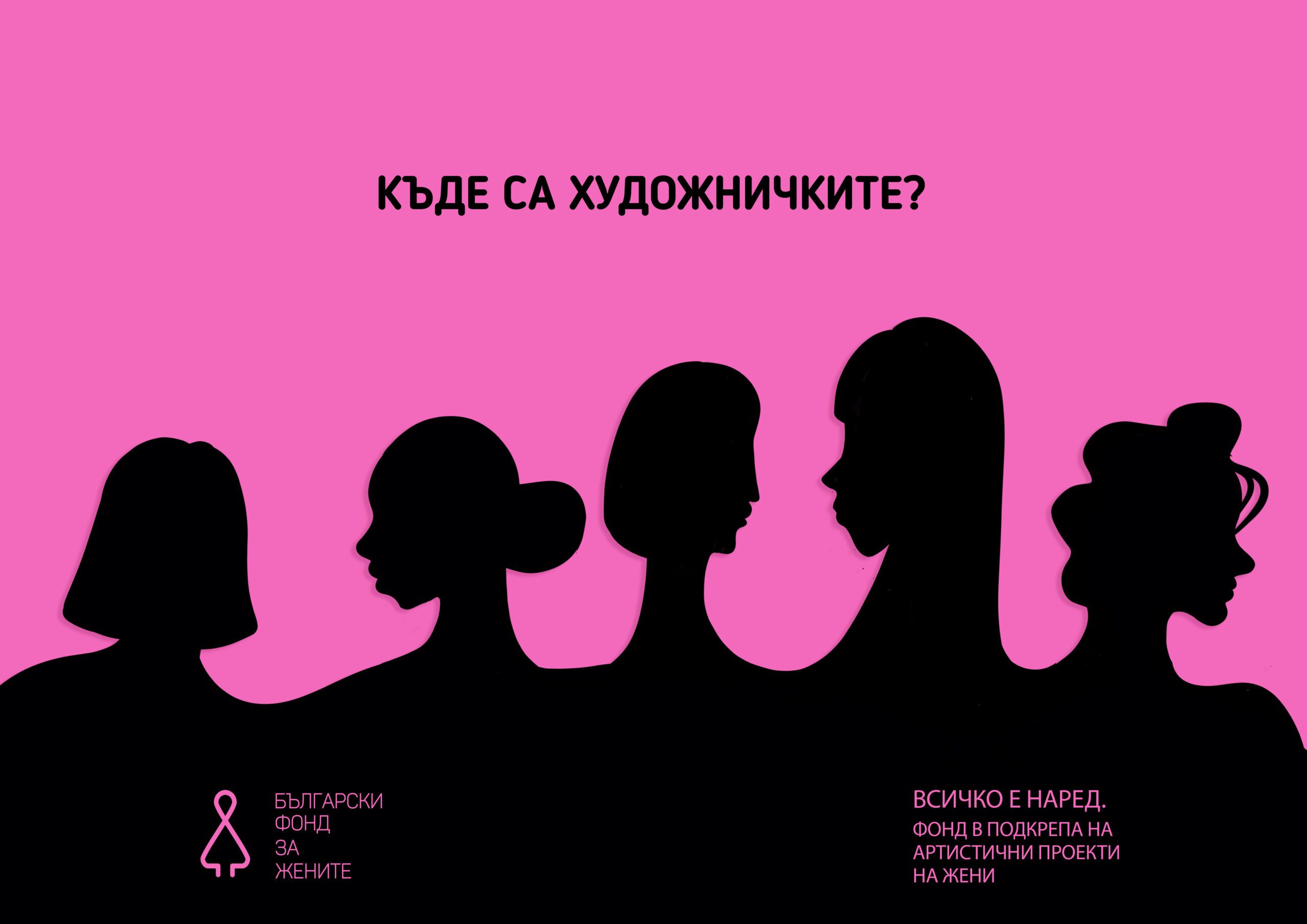The Bulgarian Fund for Women shares this article, which was published on 9 September 2021 in the online edition of Euromegdan, a platform for public interest journalism. Its author is Velina Barova – deputy editor-in-chief at the BlueLink Citizen Action Network. For this article, Velina Barova was awarded second prize in the annual competition “Journalism for Development” of the Bulgarian Platform for International Development and the Center for Sustainable Communities Development. The journalistic awards were presented at a ceremony on 29 September 2021 in Sofia. Sharing the importance of the topic and the depth of the analysis developed by Velina Barova, who spoke with a number of experts and activists on the topic of climate justice, we, at the Bulgarian Fund for Women share the text, which you can read in the original HERE.
The fight to reduce climate-damaging emissions is a fight for women’s rights. More and more advocates of both causes are coming to this conclusion, including in Bulgaria. Ahead of the planned UN climate conference in Glasgow, they are calling for negotiations and policies that give women a voice and seek to address the specific negative effects that climate change is having on them.
At the 2020 Women’s Rights March, amid all the vibrant messages tied to the cause, one activist poster stood out. It went beyond the usual conversation about women’s issues and rights and called for a broader discussion – “Mother Earth is part of women’s struggle”.
“Perhaps both sides encounter the same dismissive attitude,” says the poster’s author a year and a half later. The young activist Darina Kokonova explains that through the play on words she presented the Earth as a mother who gave birth to people and takes care of them – like all women and mothers. Darina is designing the action poster for the youth movement “Fridays for Future Bulgaria”, part of the international climate movement started by Greta Tunberg in 2018.
As a participant in various activist collectives, Darina is involved in many causes. Often, while demonstrating in the street for one cause, she is asked why exactly this cause? Why is she not protesting for something else? “I am!” is the usual and honest answer she gives with a particular note in her voice – a combination of amazement and annoyance. “It’s very uncomfortable that people don’t make the connection between different causes – to me they are part of a common whole,” explains Darina. According to her this point of view is missing from the women’s movements in Bulgaria.
We are all descended from nature and we are all disconnected from it to some degree, Darina continues, but she believes women’s connection to it is stronger – because of their long-standing role to care for children and the home. In 2020, she painted four portraits of women in civil rights movements around the world – a tribute to their struggles and the domestic labour that accompanies them. The portraits are painted on sheets with charcoal over colored spots of all-natural materials that are associated with domestic labor – beetroot, red pepper, turmeric, baking soda, and spinach.
“Women are often the first to see the negative effects of climate change, because they work with the land and depend on it, especially outside the cities.”
On Climate Change through a Female Perspective
Women’s rights are strongly linked to climate justice, Radha Elenkova of the Bulgarian Fund for Women is convinced. “Climate change affects women to a very large extent, depriving them of rights and of access to resources.” And these are just some of the specific impacts of climate change.
“Poverty, both in Bulgaria and globally, is feminised – a much larger proportion of the poor are women. This deprives them of access to information and adequate solutions for their health and protection of their rights”, adds Elenkova.
Women and female-headed families are more likely to live in inadequate, low-value housing, making them vulnerable to events such as floods, storms, earthquakes and landslides, according to General recommendation No. 37 (2018) on the gender-related dimensions of disaster risk reduction in the context of climate change by the Committee on the Elimination of All Forms of Discrimination against Women (CEDAW). According to the UN, 80% of people displaced due to climate change are women.
At the same time, the destruction of basic infrastructure can reduce the quality and accessibility of sexual and reproductive health services, leading to unplanned pregnancies and childbirth deaths, the Office of the High Commissioner for Human Rights said. Women and girls are also at increased risk of gender-based violence, including sexual violence and exploitation, domestic violence, and early or forced marriage, during and after natural disasters, CEDAW highlights. Climate change is pushing girls in northern Kenya back to traditional practices like early marriage and genital cutting, the Pulitzer Center revealed in March 2020. The investigation describes how three seasons of drought, followed by a wave of locusts linked to climate change, lead to resource depletion and death among the animals, and, as a consequence, desperate families pull their daughters out of school, send them abroad for circumcision ceremonies (in countries where this is possible), and then marry them off in Kenya for money.
Climate change can also exacerbate inequalities in the labour market, where women face a number of challenges. As a result of natural disasters, they may be expected to meet heightened expectations and needs from their families, making it more difficult for them to return to the labour market, the Office of the High Commissioner for Human Rights summarizes.
A year ago Darina and her grandmother went to the market in a small town of Dobrudja. She sensed anxiety in people’s conversations – the harvest was small because the year is dry. “Very often these conversations don’t take place in cities, but people in the countryside experience this reality – the droughts and the floods,” Darina recalls.
“Perhaps the most affected by climate change are women who work in agriculture as small producers, including organic producers,” says Radostina Slavkova from the Environmental Association “For the Earth” (part of the international organisation Friends of the Earth). For them, it is essential to have a timely warning system for natural disasters, especially for extreme rainfall, but also for drought, Slavkova summarizes. “If drought is expected in Bulgaria, the crops that are sown must be more drought resistant. There are regions in our country where this is the main livelihood.”
However, Slavkova also draws attention to women who live in coal mining areas and have suffered negative effects from the work of these industries throughout their lives. At the same time, they will be exposed to the negative impacts of natural disasters that are amplified by climate change, she stresses. That is why a large part of climate justice rights covers both the fight for human rights and the affirmation of women’s rights, Slavkova believes.
Policies for Justice
One of the UN Sustainable Development Goals, to combat climate change, focuses on increasing capacity in the least developed countries, “with particular attention to women, youth, indigenous and marginalised communities”. Support for these communities is crucial in Bulgaria as well, the Bulgarian Fund for Women believes.
At the beginning of 2021, the fund opened a new program – “Equality and climate justice”. It empowers involved activists to get involved in tackling climate change and addressing social inequalities by participating in expert training and a call for projects that address these issues and engage local communities to solve them. The aim of the programme is to engage women, people from vulnerable groups, remote locations and marginalised communities in the climate change debate, giving them information on both climate change and the social aspects of the impacts.
“In the long term, these people will be the most affected by climate change. They have the smallest impact on climate change and are deprived of a number of rights such as access to information and resources. All of this puts them in the uncomfortable position of people without a voice, who are far removed from decision-making processes,” explains Rada Elenkova, who coordinates the programme.
The importance of gender aspects was also underlined by the Paris Climate Agreement, which Bulgaria ratified in 2016. In December 2019, the parties decided to appoint national focal points on gender equality and climate change. However, Bulgaria is not among the countries that have appointed such a coordinator.
There are more women among climate activists and expert organisations, says Radostina Slavkova. At the same time, women are still under-represented in climate negotiations at the highest level. On 10 December 2020, more than 400 women climate leaders signed an open letter to the UK government calling for “balanced representation” of men and women on the high-level team for the UN Climate Change Conference (COP26) in Glasgow in November 2021. At the time of sending the open letter, less than 25% of the key positions for the upcoming conference were filled by women, Euronews reported.
Radostina Slavkova sees one of the possible solutions to this problem in the European Climate Law, adopted by the European Parliament in June 2021. It aims to limit European carbon emissions to 55% by 2030 and reach climate neutrality by 2050. “The sooner we can reduce emissions, the better chance all vulnerable groups, including women, have of suffering less harm,” Slavkova explains. The European climate regulation obliges states to include all affected countries and groups, and each EU member state has the commitment to fulfil this through its local law, adds Plamen Peev, senior analyst of the BlueLink Foundation for environmental policies. In March 2021, the Foundation compared the regulation with the Bulgarian climate legislation and formulated recommendations to improve it.
One of the initiatives aiming at supporting the achievement of the law’s objectives is the European Climate Pact, which invites people, communities and organizations to take part in climate action and build a greener Europe. “It will make it much easier to hear the voice of women from the affected regions, professions and sectors and to give them a greater voice and role in the decision-making”, Slavkova said, noting that it is not yet fully clear how exactly the mechanism will work.
In order to allow solutions to be discussed by the widest possible range of people, climate activists recommend that this should also happen at so-called climate assemblies, where both experts and citizens participate and share their perspectives, including in terms of women’s rights, Slavkova adds.
And conversations about climate change are happening not only in high-level forums but also in the streets – at events for supposedly other causes. Darina Kokonova draws attention to the idea of thinking of the Earth not only as a mother but also as a sister – with a sense of solidarity and mutual connection. “For generations, people have had a relationship with their environment because they realize they depend on it,” the young activist reminds us. The text is prepared within the project “Expanding support for a European Climate Law in Bulgaria”, which is implemented by the Blulink Foundation with the support of the European Climate Foundation




